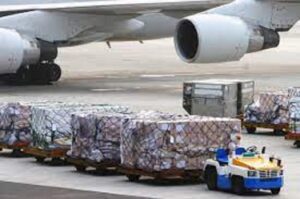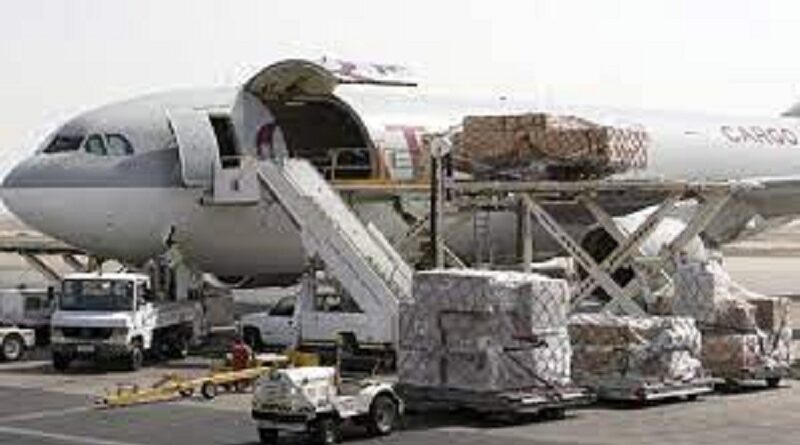How to Improve Air Cargo Business
How to Improve Air Cargo Business
The COVID-19 pandemic and emerging variants continue to do incalculable damage to the air transport business globally.
As the sector rebounds, operators are exploiting huge revenue potential in the air cargo and logistic value chain estimated at over trillions of naira. In Nigeria, experts say that segment of the industry holds the key to turning around the economy, if the relevant regulatory bodies enhance their oversight duties, design tailor-made training programmes for operators and package other interventions that will step up participation in air cargo, KELVIN OSA-OKUNBOR reports.
Nigeria is yet to optimise the potential in the air cargo value chain. If operators step up their game and adopt the right processes, exeperts say, they will harness the huge resources in the sector.
According to the International Air Transport Association (IATA), the umbrella body of global carriers, air cargo is valued at over $6 trillion and an estimated 35 per cent of world trade by value.
How to Improve Air Cargo Business

To deepen participation in this business, airlines, ground handling companies, freight forwarders and other players in the logistic value chain have continued to up their game.
To underscore the development, players in the air cargo value chain say bespoke strategies by stakeholders would enhance the value of air cargo and contribute to the business.
In an interview, Managing Director and Chief Executive Officer, Prime Ports Logistics, Otunba Femi Adewunmi said one way to harness the benefits of air cargo business is to move goods and other materials from the major airport in Lagos to other locations such as Port Harcourt.
Adewunmi said the import-dependent nature of Nigeria, with huge needs form materials for manufacturing, oil and gas and other industries would require materials across the globe to run their businesses.

He said: “Air cargo or freight business starts from procurement, which requires that you are buying a material for your organisation.
“After procurement, the people or organisation involved would need to move the items by air from the point of purchase to the location where the material is needed. This is where air cargo and players in the logistic business needs to get involved. As much as Nigeria remains a heavily import dependent country, air cargo would continue to thrive.
“What players in the logistic sector need to do is to scale up their services by adhering to the required regulations, practices and procedures to thrive in the business.”
Adewunmi continued: “Nigeria has a huge potential in the air cargo and freight value chain because most of the industries with huge demand for imported raw materials need to keep their operations running.”
He said though a lot needs to be done to scale up-regulation by the relevant agencies for operators in the value chain.




